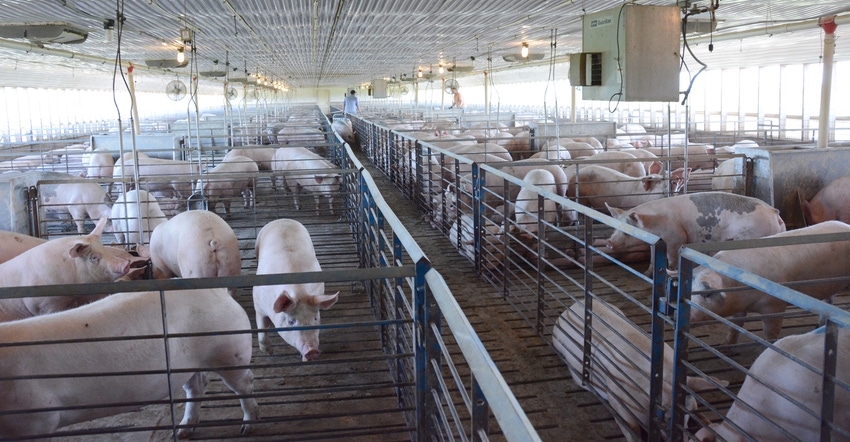
State Conservationist Ivan Dozier says livestock producers can get both financial and technical help in disposing of animal carcasses as a result of the COVID-19 pandemic.
Known as Emergency Animal Mortality Management, the new program offers funding assistance through the Environmental Quality Incentives Program (EQIP).
“Farmers are bleeding financially,” says Jennifer Tirey, executive director of the Illinois Pork Producers Association. Pork producers all over Illinois are suffering from the disruption in the packing supply chain, resulting in no markets for market-ready hogs and leading many producers to depopulate or euthanize their herds.
“Depopulation in an emergency situation like this unprecedented pandemic means our producers are losing so much,” Tirey says. “We’re all trying to do our very best to find funding to offset this burden.”
Tirey says IPPA also hopes to create centralized locations for possible depopulations. They’re working with the Illinois departments of Agriculture and Public Health to request FEMA dollars to fund those depopulation locations.
Regarding the EQIP funds, Tirey says it’s important that producers work with their local NRCS office before they begin any depopulation practices, noting that if they don’t get a waiver first, they won’t be able to apply for funding.
Producers can submit an EQIP application, form CCC-1200, to their local NRCS field office. To receive assistance, producers will need to file both an application and an Approved Early Start Waiver with their local office prior to disposal of animal carcasses.
Dozier says NRCS is ready to help lessen possible negative environmental impacts from depopulation.
“NRCS is not recommending or advocating for the depopulation of livestock,” he says. “I hope we can find alternatives that allow our agricultural food chain to remain intact. However, we realize these are difficult times, and if a producer is left with no other option, we want to provide practices that will lessen the negative environmental impacts.”
The first round of application deadlines will be May 8, with additional application deadlines every two weeks after May 8 until further notice. Find more information at farmers.gov/coronavirus.
Read more about:
Covid 19About the Author(s)
You May Also Like






